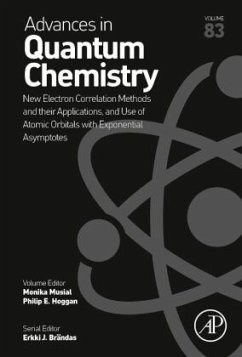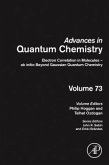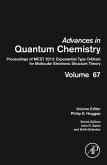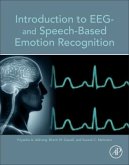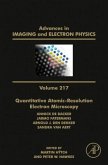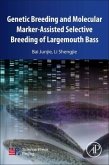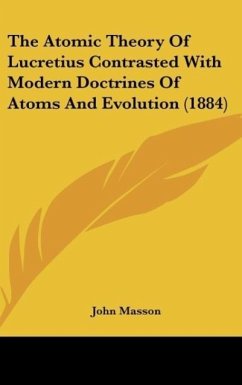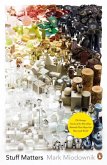Advances in Quantum Chemistry presents surveys of current topics in this rapidly developing field one that has emerged at the cross section of the historically established areas of mathematics, physics, chemistry, and biology. It features detailed reviews written by leading international researchers. In this volume the readers are presented with an exciting combination of themes.

